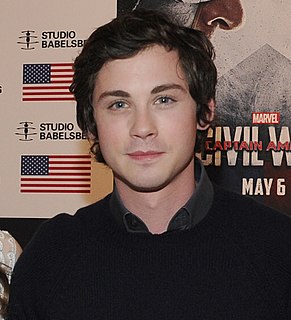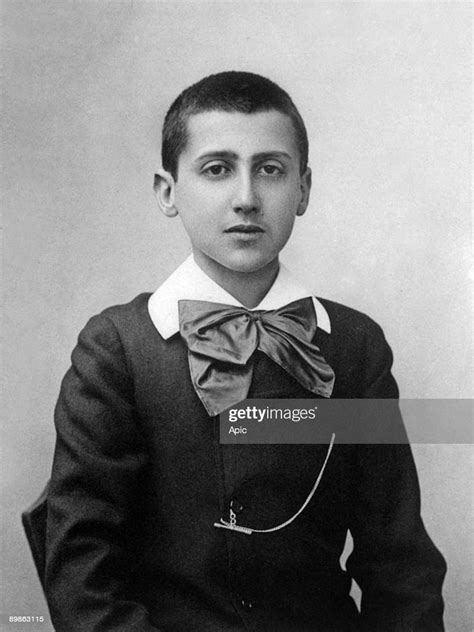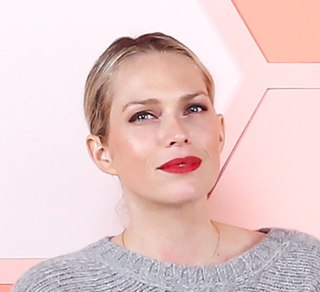A Quote by Margaret Thatcher
It's passionately interesting for me that the things that I learned in a small town, in a very modest home, are just the things that I believe have won the election.
Quote Topics
Related Quotes
I believe in the possible. I believe, small though we are, insignificant though we may be, we can reach a full understanding of the universe. You were right when you said you felt small, looking up at all that up there. We are very, very small, but we are profoundly capable of very, very big things.
Some people don't have an open mind, and when I was traveling to different places I think I found it hard to enjoy things. You know, I come from a great city where there are lots of things happening, and if you end up in a small town where you don't have all those things you can feel the difference. Somewhere along the way, though, I think I learned to appreciate the difference.
We must not drift away from the humble works, because these are the works nobody will do. It is never too small. We are so small we look at things in a small way. But God, being Almighty, sees everything great. Therefore, even if you write a letter for a blind man or you just go sit and listen, or you take the mail for him, or you visit somebody or bring a flower to somebody-small things-or wash clothes for somebody, or clean the house. Very humble work, that is where you and I must be. For there are many people who can do big things. But there are very few people who will do the small things.
Everything I learned about women, I learned from the ages of 13-16. Every girl would talk to me about their problems, and none of them wanted to date me. So, I learned all of these things. So, when I finally got to the place where I could hit on girls, I just referenced back to all the things that I learned in high school.
To me, acting is very therapeutic. I get out a lot of anger and frustration. It's maybe hard to believe, but as a kid I really had a lot of self-doubts. My father was very ill - he was an alcoholic - so there were a lot of things that built up for me. And because I was going to a Catholic school in a small German town, a lot of it was suppressed. I was angry and didn't know how to get it out.
It's maybe hard to believe, but as a kid I really had a lot of self-doubts. My father was very ill - he was an alcoholic - so there were a lot of things that built up for me. And because I was going to a Catholic school in a small German town, a lot of it was suppressed. I was angry and didn't know how to get it out.
In the past decade or so, the women's magazines have taken to running home-handyperson articles suggesting that women can learn to fix things just as well as men. These articles are apparently based on the ludicrous assumption that _men_ know how to fix things, when in fact all they know how to do is _look_ at things in a certain squinty-eyed manner, which they learned in Wood Shop; eventually, when enough things in the home are broken, they take a job requiring them to transfer to another home.
We lived in a very modest house. My father drove modest cars, we didn't travel, we didn't do any of the things that, were commensurate with the kind of income that he was making. So we got this kind of, double message, which was, y'know, "You work hard and you make as much money as you possibly can, but you don't spend any money." And you see how well I learned that lesson.








































